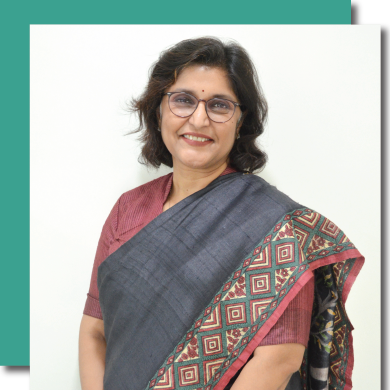
About
Medical Oncologist & Bone Marrow Transplant (BMT) Physician
Director, Bone Marrow Transplant Program & Academics – Jaslok Hospital, Mumbai
Dr. Reetu Jain is a highly experienced Medical Oncologist and BMT (Bone Marrow Transplant) Physician based in Mumbai, with a strong commitment to treating complex cancers with compassion and expertise.
With over 25 years of experience, she specializes in a wide range of cancers. She has played a key role in advancing cancer care in India through her clinical expertise, academic leadership, and dedication to patient education.
Currently, she serves as the Director of the Bone Marrow Transplant (BMT) Program and Academics at Jaslok Hospital, Mumbai, leading one of India’s prominent transplant units with a track record of over successful transplants.
Read More >>
